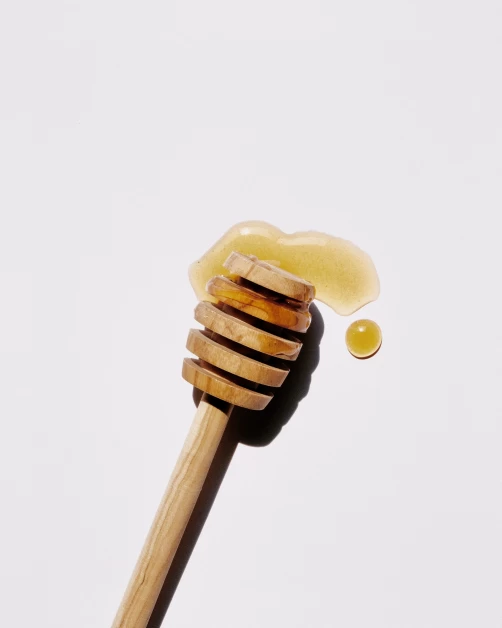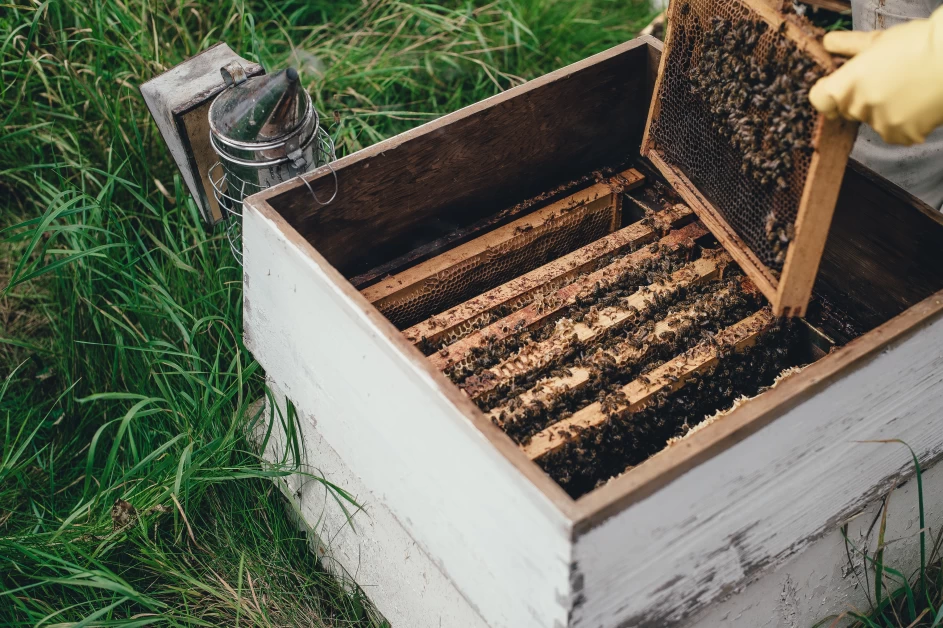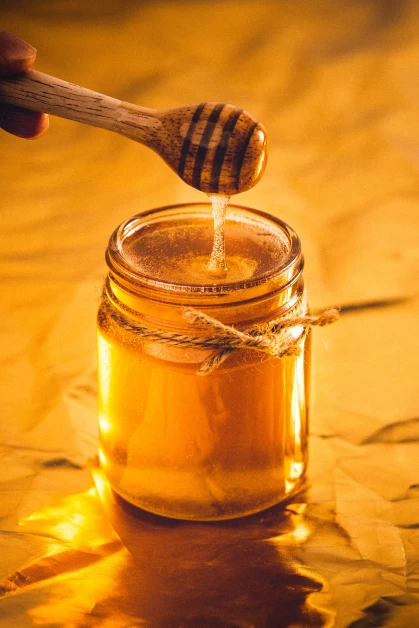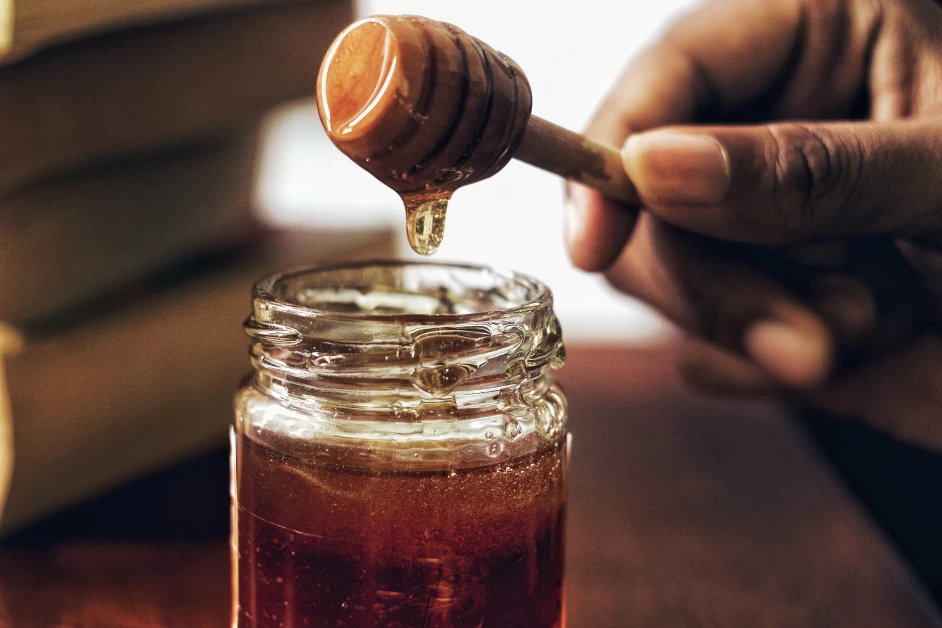Introduction
Manuka honey is a unique and highly sought-after ingredient due to its numerous health benefits. It is produced exclusively in New Zealand and is known for its antibacterial, antioxidant, anti-inflammatory, antiviral, and antimicrobial properties. Despite its high price tag, manuka honey is valued for its ability to heal wounds, prevent tooth decay, soothe coughs and sore throats, support gut health, ease digestive symptoms, help heal ulcers, soothe inflammatory skin conditions, combat antibiotic-resistant infections, and even provide relief for cystic fibrosis. This article will explore these benefits in detail, providing valuable information about the uses and effectiveness of manuka honey.
Heals wounds faster
Manuka honey has been recognized for its remarkable ability to speed up the healing process of wounds, burns, cuts, and blisters. This is due to its powerful antibacterial properties, which help fight off harmful bacteria and support cell renewal. In fact, manuka honey was approved by the US Food and Drug Administration as a wound treatment in 2015. When applied topically, manuka honey creates a favorable environment for healing, reducing inflammation and preventing infection. Its effectiveness in wound healing has made it a popular choice among medical professionals and individuals seeking natural remedies for skin injuries.
In addition to its topical use, manuka honey has also shown promising results in preventing tooth decay and promoting overall oral health. Despite being high in sugar, manuka honey has been found to be non-cariogenic, meaning it does not contribute to tooth decay. Studies have shown that manuka honey can effectively combat the bacteria that causes plaque, decay, and gum inflammation. This makes it a unique and natural alternative to refined sugar in terms of dental health. Incorporating manuka honey into your oral care routine can provide both the benefits of a sweet treat and the protection against dental issues.
Prevents tooth decay
Despite its sweetness, manuka honey has been found to have a positive impact on oral health and can actually help prevent tooth decay. Unlike refined sugar, manuka honey does not contribute to dental problems and has even shown to combat the bacteria that causes plaque, decay, and gum inflammation. Research has demonstrated that manuka honey can be a powerful ally in maintaining oral health, making it an excellent alternative to traditional sweeteners. By incorporating manuka honey into your daily routine, you can enjoy the sweetness without compromising your dental hygiene.
Soothes coughs and sore throats
Manuka honey has long been used as a natural remedy for coughs and sore throats. Its antiviral and antibacterial properties make it an effective treatment for upper respiratory tract infections (URTI), such as colds and flu. Research has shown that manuka honey is even more effective than over-the-counter medications for relieving symptoms of URTI, including sore throats, coughs, and nasal congestion. The soothing properties of manuka honey can provide much-needed relief during periods of illness and help support the body’s immune system.
Could support gut health
One of the lesser-known benefits of manuka honey is its potential to support gut health. Manuka honey contains non-digestible carbohydrates called oligosaccharides, which act as prebiotics. Prebiotics provide nourishment to the beneficial bacteria in the gut, promoting a healthy balance of microorganisms. By boosting the levels of good bacteria in the gut, manuka honey can enhance the function of the digestive system and improve overall gut health. This has led to its use in treating conditions such as irritable bowel syndrome (IBS) and inflammatory bowel disease (IBD), as well as gastritis and acid reflux.
May ease digestive symptoms
In addition to promoting gut health, manuka honey has also been found to alleviate digestive symptoms. Its anti-inflammatory and antimicrobial properties can help reduce inflammation and fight off harmful bacteria in the digestive system. This can provide relief for conditions such as IBS, IBD, gastritis, and acid reflux. Manuka honey has been shown to have a soothing effect on the digestive tract, making it a natural and beneficial treatment option for individuals experiencing digestive discomfort.
Helps heal ulcers
Manuka honey has been proven to be effective in healing two types of ulcers: diabetic ulcers and stomach ulcers. Diabetic ulcers are typically found on the soles of the feet and can be difficult to heal due to reduced blood circulation. Manuka honey’s ability to reduce inflammation and protect against oxidative damage has been found to promote the healing of diabetic ulcers. Stomach ulcers, on the other hand, are often caused by bacterial infections. The anti-inflammatory and antibacterial properties of manuka honey make it a valuable addition to the treatment of stomach ulcers, as it can help reduce inflammation and combat harmful bacteria.
Soothes inflammatory skin conditions
Another area where manuka honey shines is in its ability to soothe inflammatory skin conditions. Conditions such as eczema, psoriasis, and acne can be alleviated by the anti-inflammatory and antibacterial properties of manuka honey. Whether ingested or applied topically, manuka honey has been shown to have a positive effect on these skin conditions. Its hydrating properties, thanks to the presence of fructose, glucose, and amino acids, can also aid in moisturizing the skin. Manuka honey is a natural and gentle option for individuals seeking relief from inflammatory skin conditions.
For antibiotic-resistant infections
In the face of increasing antibiotic resistance, manuka honey has emerged as a potential solution. Its potent antibacterial properties have been shown to be effective against antibiotic-resistant infections. Manuka honey has been found to inhibit the growth of bacteria such as Pseudomonas aeruginosa (P. aeruginosa) and Burkholderia cepacia complex (B. cepacia), which are commonly associated with upper respiratory infections. This is particularly important for vulnerable populations, such as those with cystic fibrosis, who are more susceptible to these types of infections. By incorporating manuka honey into treatment protocols, healthcare professionals can potentially combat antibiotic resistance and provide effective treatment options for their patients.
Eases cystic fibrosis
Cystic fibrosis is a chronic genetic condition that affects the lungs and digestive system. Individuals with cystic fibrosis are prone to frequent and severe respiratory infections, which can be challenging to treat due to antibiotic resistance. Manuka honey has shown promise in providing relief for individuals with cystic fibrosis by inhibiting the growth of bacteria that commonly cause respiratory infections. By incorporating manuka honey into treatment plans, individuals with cystic fibrosis may experience improved respiratory health and reduced reliance on traditional antibiotics.
Choosing the right manuka honey
When purchasing manuka honey, it is important to look for the Unique Manuka Factor (UMF) trademark, which ensures that you are buying the genuine article. Additionally, pay attention to the number assigned to the honey, such as 10+ or 25+. This number indicates the level of unique signature compounds, such as methylglyoxal (MGO) and dihydroxyacetone (DHA), present in the honey. The higher the number, the purer and better quality the honey, and the stronger its antibacterial properties. Keep in mind that higher-quality manuka honey may come with a higher price tag, but the benefits and effectiveness make it worth the investment.
In conclusion, manuka honey is a remarkable ingredient with numerous health benefits. From accelerating wound healing to preventing tooth decay, soothing coughs and sore throats, supporting gut health, easing digestive symptoms, and even healing ulcers, manuka honey has proven its effectiveness in a variety of applications. It can also provide relief for inflammatory skin conditions, combat antibiotic-resistant infections, and offer support for individuals with cystic fibrosis. By choosing high-quality manuka honey and incorporating it into your daily routine, you can tap into its powerful properties and harness its many benefits for your overall health and well-being.








